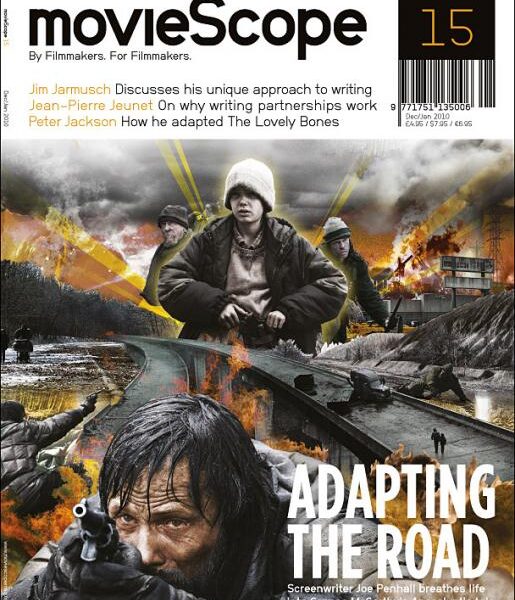Julian Freidmann on why adapting a novel for the screen is never easy…
Writers of novels have a very different relationship with their readers than scriptwriters do with their audience. And, having formed a one-to-one relationship with a reader, the novelist who attempts a script needs to step back and write for the team of players—from crew and cast to development executives and film fund functionaries—who play their part in actualising the work on screen.
George Orwell, in his succinct essay Why I Write, noted that of the four main reasons why most writers write, ‘sheer egotism’ is the dominant motivation. (The others include getting back at those who put you down, changing the world and immortality). So a novelist who adapts his or her own work to the screen is, by definition, ambitious, as they will be writing for a medium that almost conflicts with their primary medium.
A highly regarded novel will often earn the writer an offer to write the script. It is is difficult to refuse; the money is usually good—often better than the advance paid for the novel and more than the purchase price of the audiovisual rights to the novel.
The appeal to ego is also obvious; who but the writer of this wonderful book should transform it for the screen? It’s a common but beguilingly complex question.
The CV demonstrating an ability to write in both formats is admired by those fellow scribes who are restricted only to one format, the unsexy printed or e-book. But, like the ubiquitous problem of the writer-director, the novelist-screenwriter-adapting-their-own-work hyphenate is likely to be on thin ice.
Writing the script for those people who love the book may be a recipe for disaster
Most scripts of produced feature films are written by more than one writer. This is not always because they need to be, but because the multiplicity of producers and director usually don’t agree on all aspects of the script, often erroneously assume that changing writers will solve the problems or disagreements.
If there is a flaw in the narrative or character psychology in the novel, will the novelist fix it in the script? Like the writer-director hyphenate, probably not. And, even assuming that the novelist is able to make necessary changes, can they jettison enormous tracts of their sparkling prose to give any film-goer who has not read the book a great experience? Indeed, writing the script for those people who love the book may be a recipe for disaster.
I am all for scriptwriters writing novels, because a script is an artificial and downright peculiar way of telling stories, and one that requires some arcane knowledge. Novels are relatively straightforward. Clever scriptwriting, for example, may have the dialogue contradicting what the audience is seeing; you can’t describe what characters think or feel, a stock-in-trade of all novelists.
Yet, for all of Orwell’s four reasons, I completely understand why any novelist would jump at the chance to adapt their own book, even though common sense would advise that a seriously good and experienced scriptwriter is a far better asset to them and to the film.









